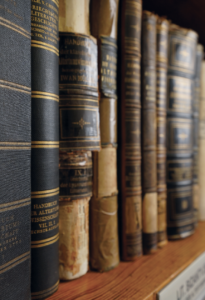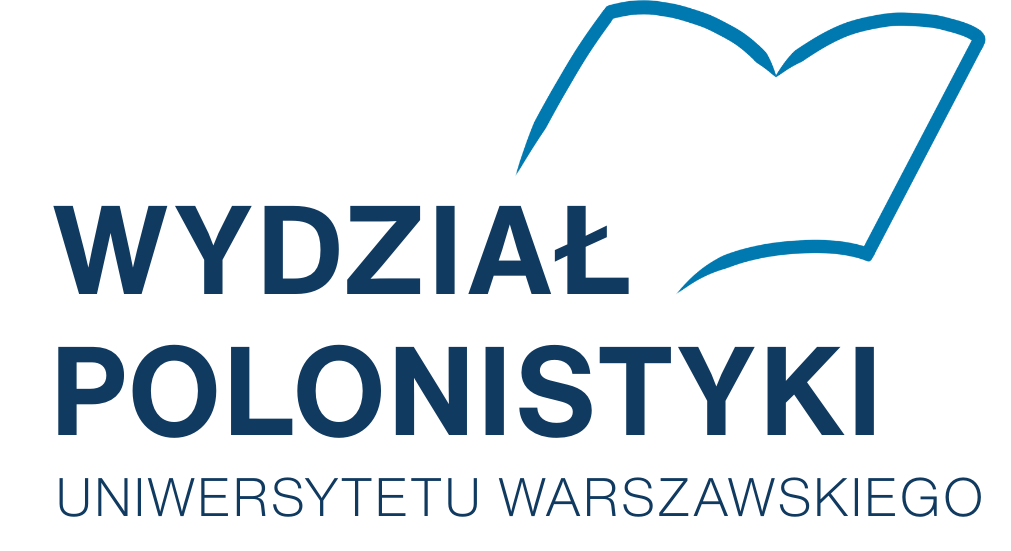12. Researching Books: What Do Old Dictionaries Tell Us?
 We tend to view dictionaries as simple tools: a source of information about a word’s meaning or usage. Ancient lexicons, however, no longer serve this practical function. Nevertheless, when these are approached as a research topic they become a source of knowledge about how words were once used and understood, how they have been changing over time, and what past lexicographical and terminological practices looked like.
We tend to view dictionaries as simple tools: a source of information about a word’s meaning or usage. Ancient lexicons, however, no longer serve this practical function. Nevertheless, when these are approached as a research topic they become a source of knowledge about how words were once used and understood, how they have been changing over time, and what past lexicographical and terminological practices looked like.
The development of individual words and their meanings can be compared across multiple languages. The virtue words in Bulgarian and Modern Greek are analysed by I. Geneva-Puhaleva. She researches the ways in which the words denoting concepts such as “honour”, “solidarity”, and “care” are understood, as well as the image of Europe perpetuated in language.
Z. Greń similarly discusses the image of the bygone times perpetuated in language in his study titled Klasyfikacja tematyczna słownictwa w leksykografii czeskiej jako źródło do badania zmian w językowym obrazie świata (Thematic Classification of Vocabulary in Czech Lexicography as a Source for the Study of Changes in the Linguistic Worldview). A linguistic worldview is also reflected in grammar, as demonstrated by A. Kępińska in her work Kształtowanie się polskiej kategorii męsko- i niemęskoosobowości. Język wobec płci (The development of the Polish Category of Masculine and Non-Masculine Personal Gender: Language in Relation to Gender).
J. Linde-Usiekniewicz and S. Łozińska compared the first Polish Sign Language dictionary from 1879 with the existing Polish dictionaries of the same time and demonstrated that their influence on the lexicographical work of Józef Hollak and Teofil Jagodziński was – contrary to expectations – negligible. M. Bańko’s pioneering studies in Poland, in turn, engaged with the history of anti-lexicography, i.e., private mock dictionaries.
At the Faculty of Polish Studies, we are also developing an online dictionary of Cyprian Norwid’s vocabulary. It is the first online dictionary in Poland of a single author’s vocabulary.
The online database titled Dawne ortografie, gramatyki i podręczniki języka polskiego (Old Orthographies, Grammars and Handbooks of the Polish Language), edited by W. Decyk-Zięba, A. Kępińska, M. Kresa, A. Piotrowska and I. Stąpor, presents linguistic tools written in Latin, German, and Polish from the mid-fifteenth to the early twentieth century. It is complemented by another online database titled Słownik historyczny terminów gramatycznych (Historical Dictionary of Grammatical Terms).
(Photo by M. Kaźmierczak)
